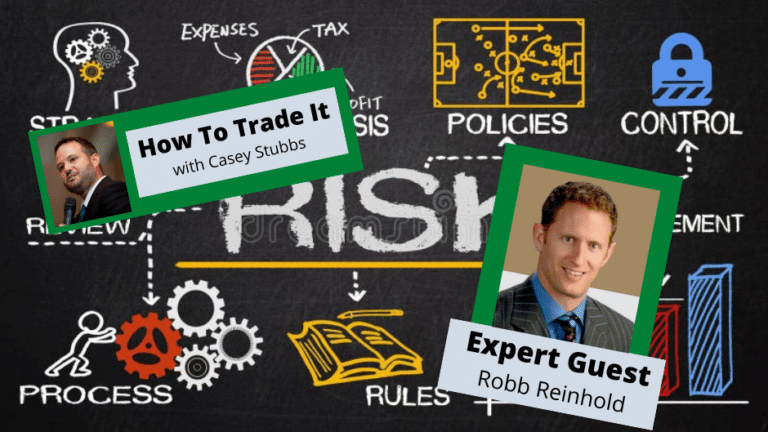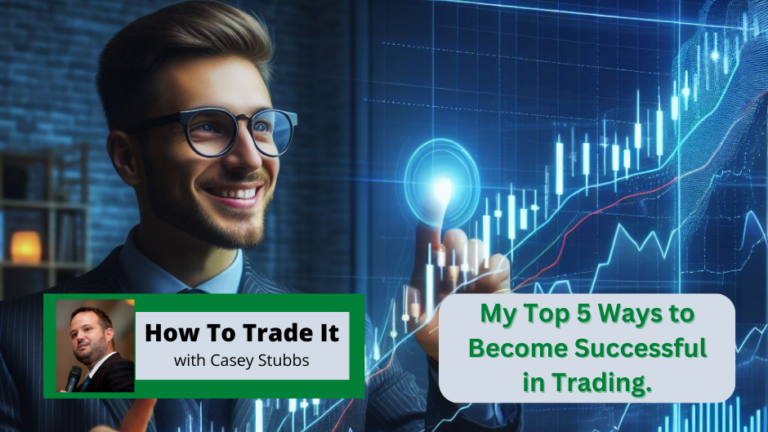

Category Podcast
Looking for expert insights and practical tips on trading strategies? Our podcast episodes feature top-notch advice from industry leaders. Tune in now!

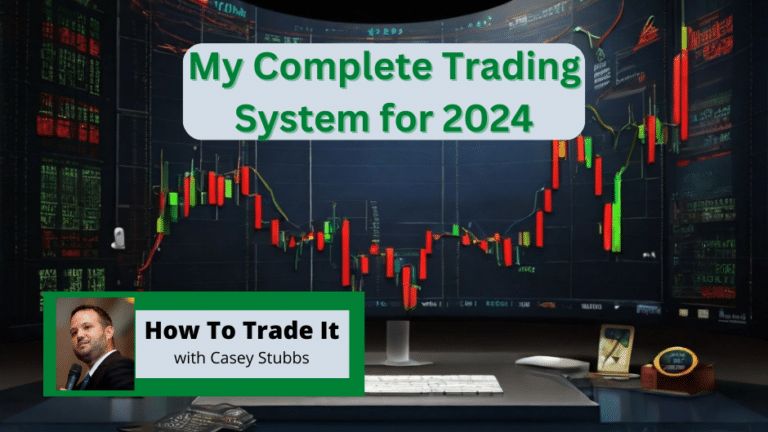
My Complete Trading System for 2024
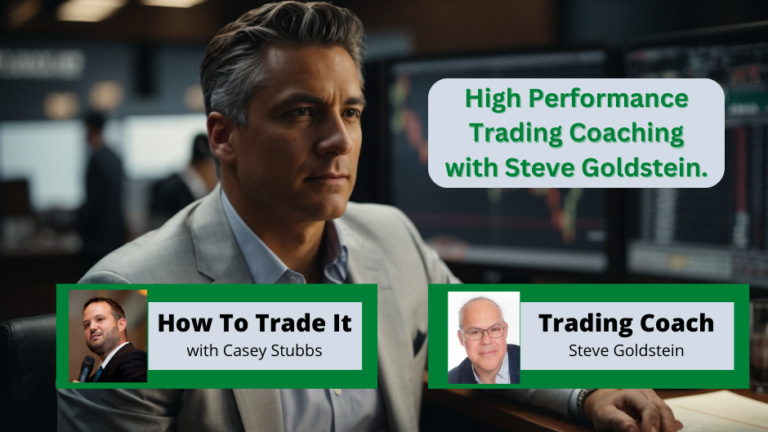
High Performance Trading Coaching with Steve Goldstein
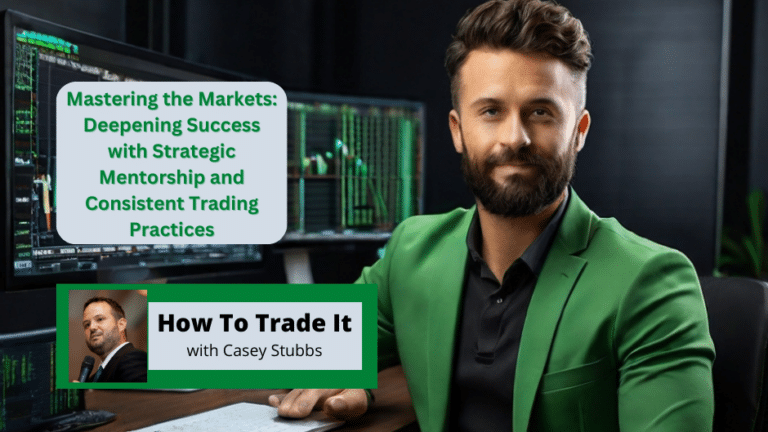
Mastering the Markets: Deepening Success Strategic Mentorship and Consistent Trading Practices
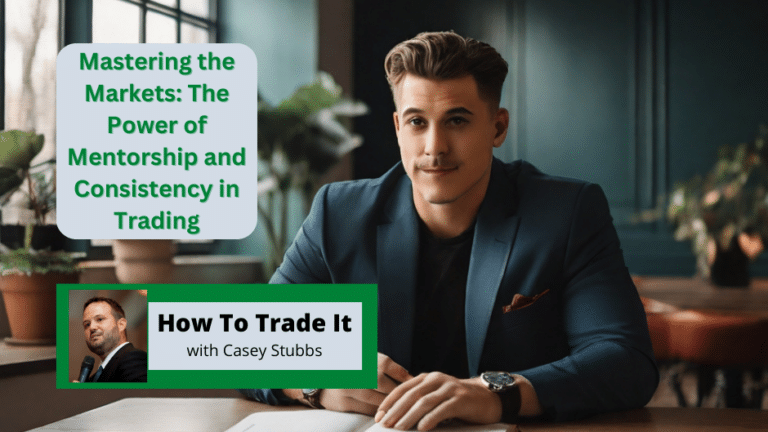
Mastering the Markets: The Power of Mentorship and Consistency in Trading
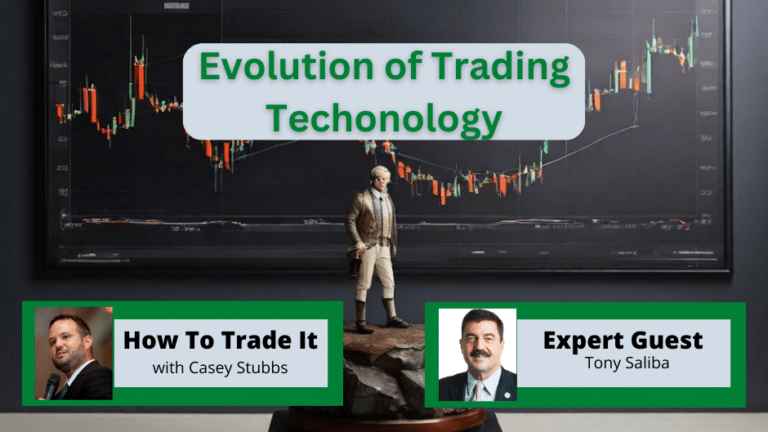
The Evolution Of Trading Technology: Tony Saliba Shares His Insights
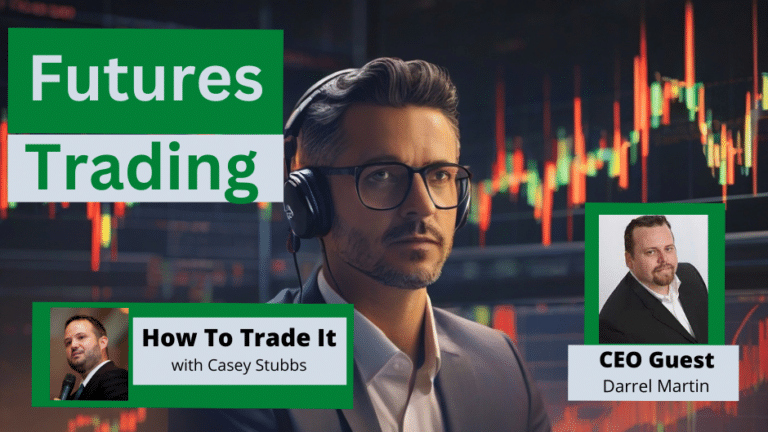
Apex Futures Trader Funding with Darell Martin
